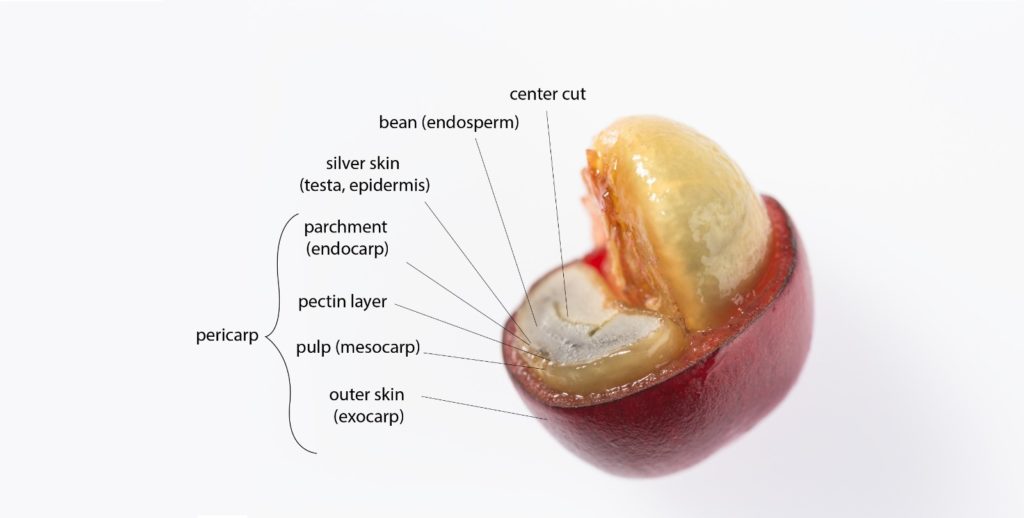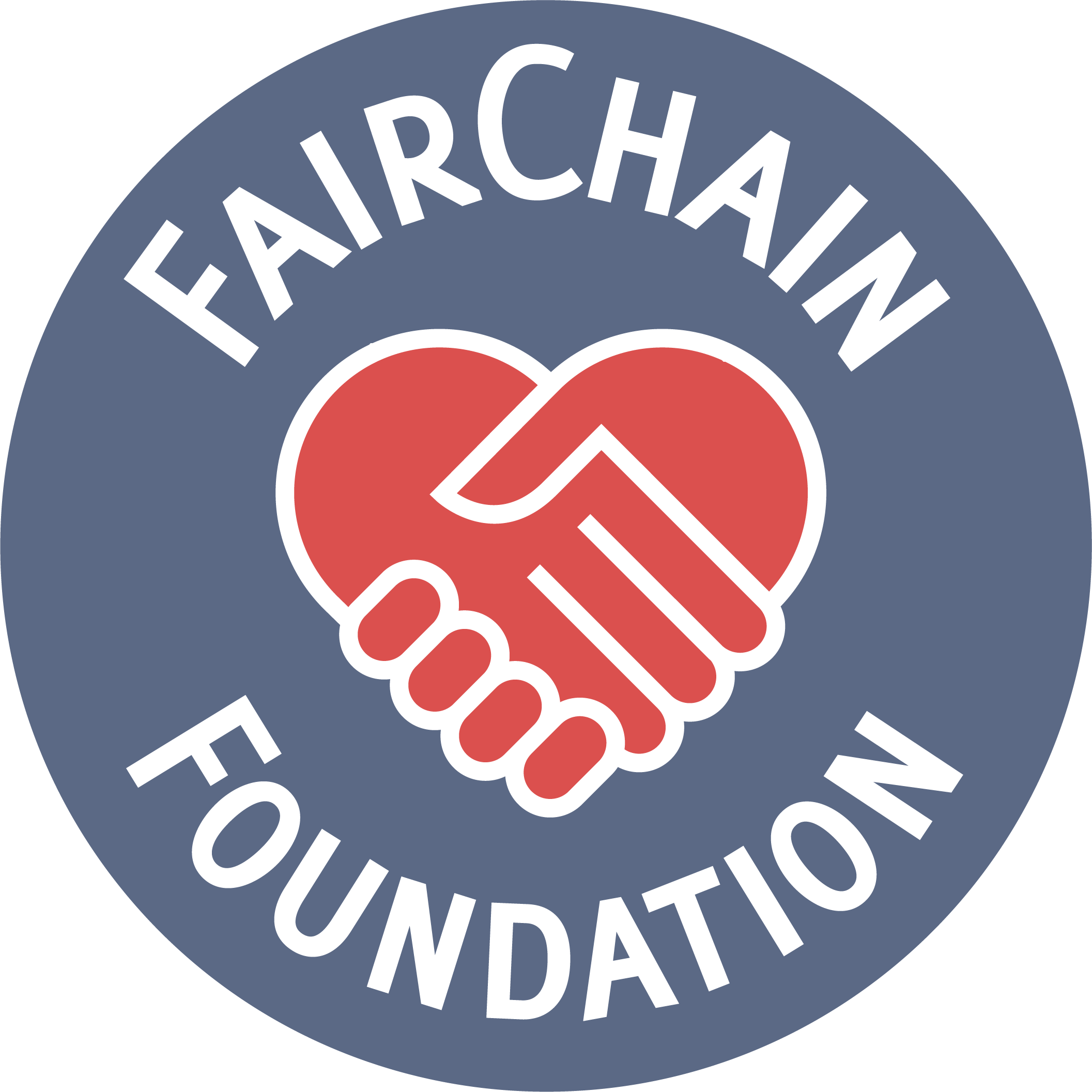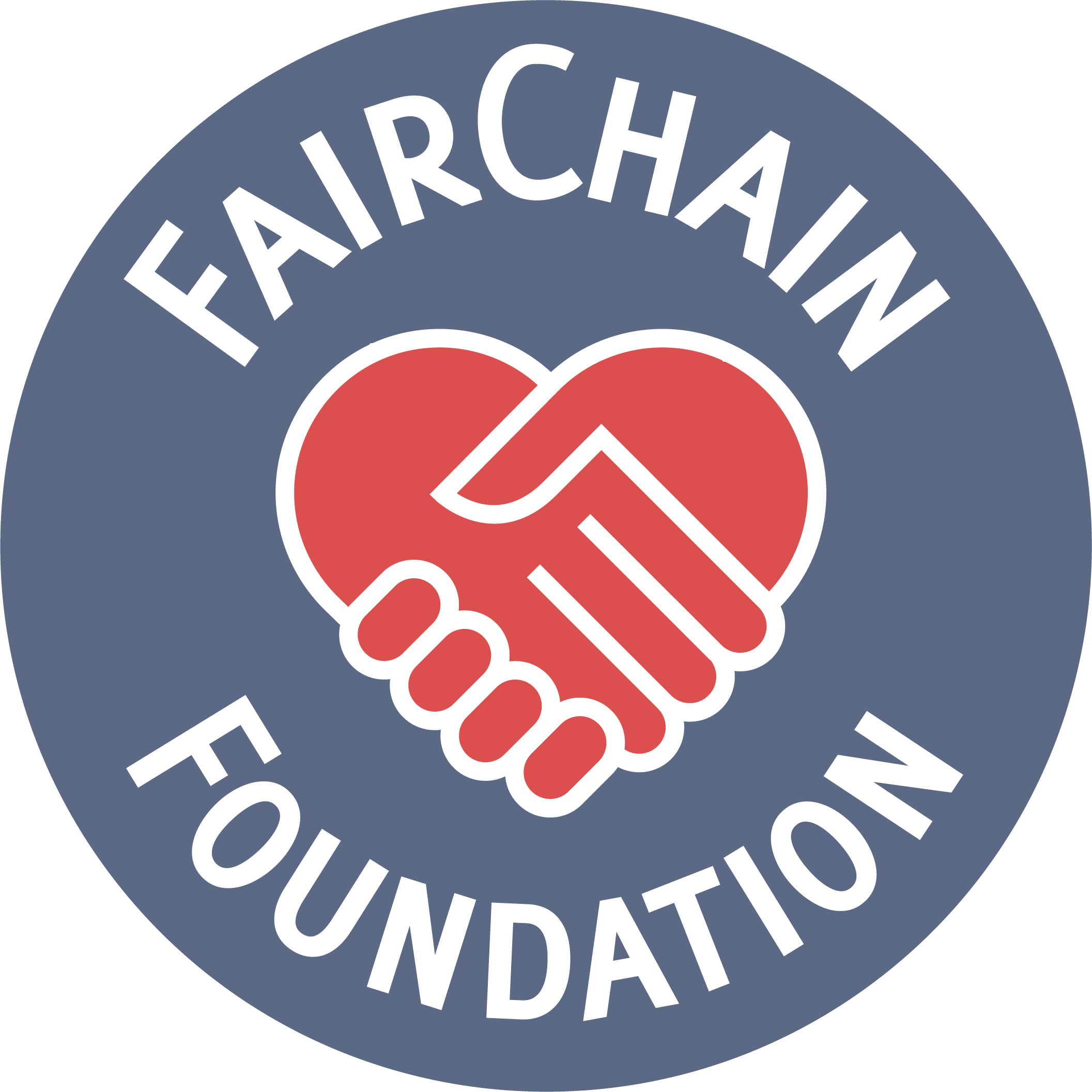Coffee is made from a bean. Most people know this little fact, but coffee starts as a berry on a tree. Commonly referred to as a Coffee Cherry. An immense industry has grown into making and selling coffee from this berry, including many and delicate processing steps to make sure you get a perfect cup of coffee. But as most people know as well; at the very beginning of the coffee supply chain, where the farmers work their land, where they make sure the coffee trees are healthy and well maintained, where they make sure to pick the coffee berries at the exact right time, nice and red, ripe and full of sugar, these people, the smallholder farmers, are being exploited. Not to make your coffee affordable, but for big corporates to make more profit than they should.

“An immense industry has grown into making and selling coffee from this berry, including many and delicate processing steps to make sure you get a perfect cup of coffee.” – Joost
FairChain & Moyee are all about changing this growing inequality. So what if we could simply double the direct income from growing coffee? Not just sell the bean, but sell the fruit pulp and skin as well? Sure we are already sharing value 50/50 by adding value locally by roasting locally, providing training and access to credit for farmers, paying a premium for green coffee, and investing to get farmers on a living income. But what if, besides the coffee bean, we could generate additional income from the pulp that is usually a waste stream of coffee production? Then we could make an even bigger impact.
Sounds simple enough. Sell not just the coffee bean, but also the pulp and skin, also known as cascara. This is not a new idea and cascara is renowned for the fruit-flavored and caffeine kicked tea you can make of it. Consumer prices per kilo even exceed the prices paid for a regular bag of coffee beans. But the market for cascara is small. Limiting its potential for real impact. Enter Pectcof. A biotech start-up sparked and inspired at Wageningen University. Pectcof is at the front lines of food innovation. They have developed a method to gain serious revenue from waste. And they sure got our attention.

Pectcof uses state of the art biotechnology to transform coffee berries into valuable bio-compounds used for the production of food ingredients, biochemicals, and second-generation biofuels. Think of sustainable alternatives for Arabic gum, dietary fibers, colorants, antioxidants, and sugars. Their technology unlocks the potential of the coffee pulp as a source of bio-based materials, and at the same time detoxifying the waste stream of the world’s seconds most traded commodity.
The raw material for this biotechnology is the coffee pulp, dried to very low moisture content, and grinded into small flakes. In this process, we aim to refine the coming harvest season. At the FairChain wet mill, we’ll take samples of the coffee cherries throughout the season and from various farmers. We’ll map the acidity and sugar content of the pulp. Dry it at various temperatures in a controlled manner. Mill the pulp and skin into small flakes. Bag it and ship it to laboratories to evaluate the exact chemical composition. We have good hopes the composition is high in pectin amongst other chemical substances. Resulting in a significant price per kilogram. This could double the revenue within a single harvest. Adding a sustainable solution for coffee waste and a big leap in farmer income.
Fingers crossed!

